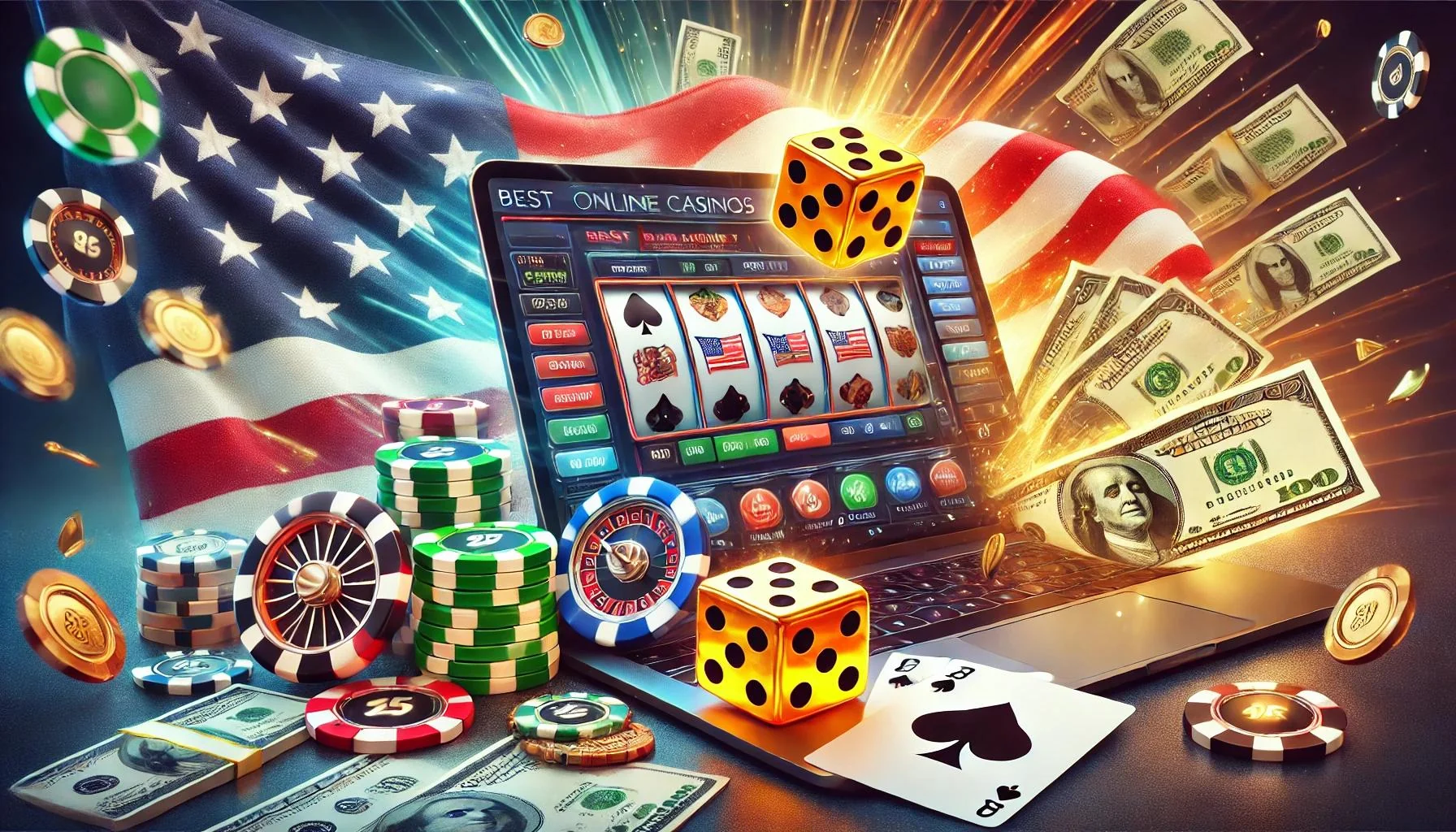How Casinos Keep Their Guests and Their Money Safe
Casinos are often the target of robberies, but they take security measures to keep their guests and money secure. They have a team of trained professionals who patrol the casino floor and respond to calls for assistance when necessary.
Casinos also employ video surveillance to monitor activities at table games and slot machines, helping them detect cheaters and prevent losses.
Security Guards
Security guards and gaming surveillance officers safeguard casinos against theft, vandalism, and other illegal activities. Additionally, they respond to emergencies by calling for assistance from police, fire, or ambulance services as needed.
Casinos require security guards due to the large number of people that frequent the establishment and it being difficult to keep everyone secure. Furthermore, they often have valuable items on their premises which thieves could try to take advantage of.
A proficient casino security officer possesses excellent communication abilities and an acute attention to detail. They are capable of responding promptly to any crisis, working closely with local law enforcement officers to resolve the issue swiftly.
These professionals typically require a high school diploma or its equivalent, along with between one to one year of general work experience. They usually report to an employer, can be armed or unarmed, and usually need to be licensed by the relevant government authority; additional background and criminal record checks may be necessary as well.
Video Surveillance
Casinos rely on video surveillance systems to keep their guests and money secure. From security teams of pit bosses monitoring gaming tables to smart video solutions with built-in analytics, these solutions have seen tremendous advancements over time.
They can detect cheaters, monitor patterns of activity and even share data with other casinos to help prevent crime. Furthermore, they have access to facial recognition technology which detects potential cheaters by comparing their features against those in a database.
Casino security officers often collaborate with local police departments. Their duties include dealing with various activities that the public does not typically see–from cheating and swindling to employee theft.
License Plate Readers
Every day, thousands of patrons enter your casino. To keep track of them all, advanced license plate recognition (LPR) is essential; it allows you to monitor traffic around your property as it comes and goes.
LPR cameras use high-definition technology to capture images of license plates and run them through optical character recognition software. Additionally, this system can pull in location, date and time information about vehicles entering your venue for added insight into who’s entering your space.
Security can quickly and efficiently remove individuals from the casino grounds, or even ban them entirely from your property. Furthermore, software can be programmed to automatically identify VIPs and banned patrons so you can better serve them while keeping your premises secure.
In addition to providing enhanced patron and VIP identification, license plate readers are also employed by law enforcement to detect stolen vehicles and monitor criminal activity. This data can be shared locally with authorities in an effort to bring those responsible to justice.
Facial Recognition
Facial recognition software can be employed to detect and prevent unwanted guests or cheaters from entering a casino. It’s also capable of keeping tabs on VIP customers to guarantee their preferences are being fulfilled.
Facial recognition systems use facial recognition software to compare a user’s face with photos stored in a database to verify they are who they say they are. This process requires minimal hardware resources and is fast, accurate, and secure for you to use.
Numerous casinos have adopted facial recognition technology in order to quickly identify cheaters and those with potentially fraudulent intentions who could potentially pilfer money from their establishment. These systems guarantee these players are caught quickly and banned before causing any harm to a casino’s brand image.
Although this technology has many potential uses in the casino industry, it also raises privacy and ethical concerns. Fortunately, there are data privacy laws in place which restrict how businesses can use images from users and safeguard their rights.




